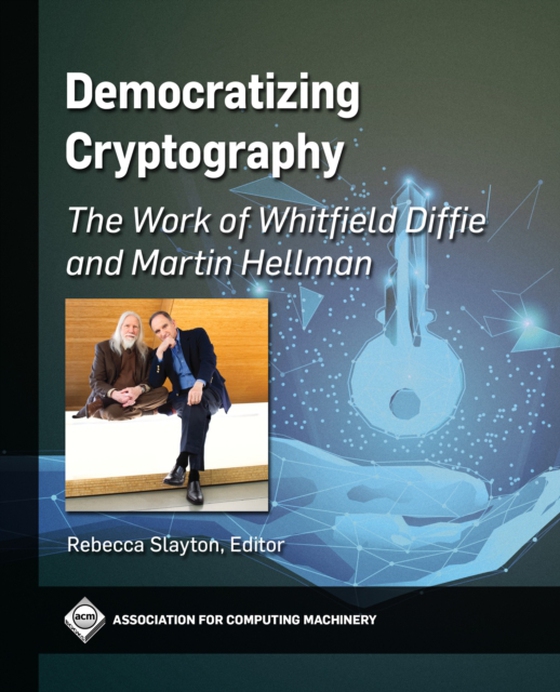
Democratizing Cryptography e-bog
546,47 DKK
(inkl. moms 683,09 DKK)
In the mid-1970s, Whitfield Diffie and Martin Hellman invented public key cryptography, an innovation that ultimately changed the world. Today public key cryptography provides the primary basis for secure communication over the internet, enabling online work, socializing, shopping, government services, and much more.While other books have documented the development of public key cryptography, t...
E-bog
546,47 DKK
Forlag
ACM Books
Udgivet
25 august 2022
Længde
558 sider
Genrer
Computer security
Sprog
English
Format
pdf
Beskyttelse
LCP
ISBN
9781450398282
In the mid-1970s, Whitfield Diffie and Martin Hellman invented public key cryptography, an innovation that ultimately changed the world. Today public key cryptography provides the primary basis for secure communication over the internet, enabling online work, socializing, shopping, government services, and much more.While other books have documented the development of public key cryptography, this is the first to provide a comprehensive insiders' perspective on the full impacts of public key cryptography, including six original chapters by nine distinguished scholars. The book begins with an original joint biography of the lives and careers of Diffie and Hellman, highlighting parallels and intersections, and contextualizing their work. Subsequent chapters show how public key cryptography helped establish an open cryptography community and made lasting impacts on computer and network security, theoretical computer science, mathematics, public policy, and society. The volume includes particularly influential articles by Diffie and Hellman, as well as newly transcribed interviews and Turing Award Lectures by both Diffie and Hellman.The contributed chapters provide new insights that are accessible to a wide range of readers, from computer science students and computer security professionals, to historians of technology and members of the general public. The chapters can be readily integrated into undergraduate and graduate courses on a range of topics, including computer security, theoretical computer science and mathematics, the history of computing, and science and technology policy.
 Dansk
Dansk

